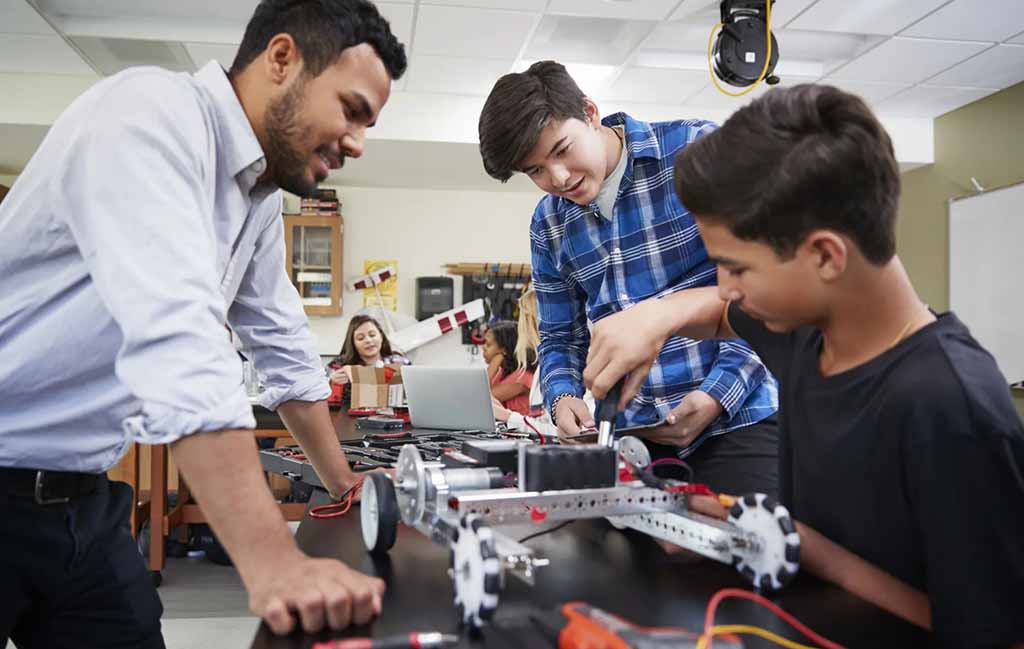In today’s competitive job market, it’s essential to have the right skills and qualifications to succeed. Vocational education, also known as career and technical learning, provides students with practical skills and hands-on experience that can lead to rewarding careers. Whether you’re interested in healthcare, technology, or skilled trades, skill learned can help you achieve your career goals.
One of the main advantages of vocational education is the emphasis on practical skills and hands-on experience. In contrast to traditional academic programs, vocational training focuses on preparing students for specific careers. Students are provided with the skills and knowledge they need to succeed in the workplace. This can include everything from technical skills like welding or computer programming to soft skills like communication and teamwork.
Vocational education also provides students with the opportunity to gain real-world experience through internships, apprenticeships, and other work-based learning opportunities. This allows students to apply what they’ve learned in the classroom to real-world situations and build their professional networks.
How Practical Skills Can Lead to Success
Another advantage of learning practical skills is the wide range of career opportunities it can lead to. According to the National Center for Education Statistics, students who complete vocational education programs are more likely to be employed. Beside that, they earn higher wages than those who only have a high school diploma. In fact, some vocational careers are projected to have strong job growth in the coming years.
Vocational education can also provide job security in uncertain economic times. Many vocational careers, such as healthcare and construction, are essential services that are always in demand. By gaining the skills and qualifications needed for these careers, students can ensure that they have a stable and rewarding career path.
As the job market continues to evolve, vocational is becoming an increasingly smart choice for career growth and adaptability. Many of the fastest-growing careers require technical skills and specialized knowledge that can only be gained through vocation course. By choosing a vocational education program, students can position themselves for success in these high-demand fields.
How Vocational Education Growth and Adaptability Career
Vocational education can also provide students with the flexibility to adapt to changing job market conditions. Many vocational careers offer opportunities for advancement and specialization, allowing students to continue to grow and develop their skills throughout their careers. Additionally, the practical skills and hands-on experience gained through vocational education can be applied to a wide range of industries and job roles, providing students with the versatility to pursue different career paths.
Vocational education is a smart choice for career success in today’s job market. By providing practical skills and hands-on experience, vocational training prepares students for specific careers and provides them with the opportunity to gain real-world experience. Additionally, learn practical skills can lead to a wide range of career opportunities and job security, as well as provide the flexibility to adapt to changing job market conditions. Whether you’re just starting your career or looking to make a change, vocational education can help you achieve your goals and succeed in the workplace.










0 comments:
Post a Comment